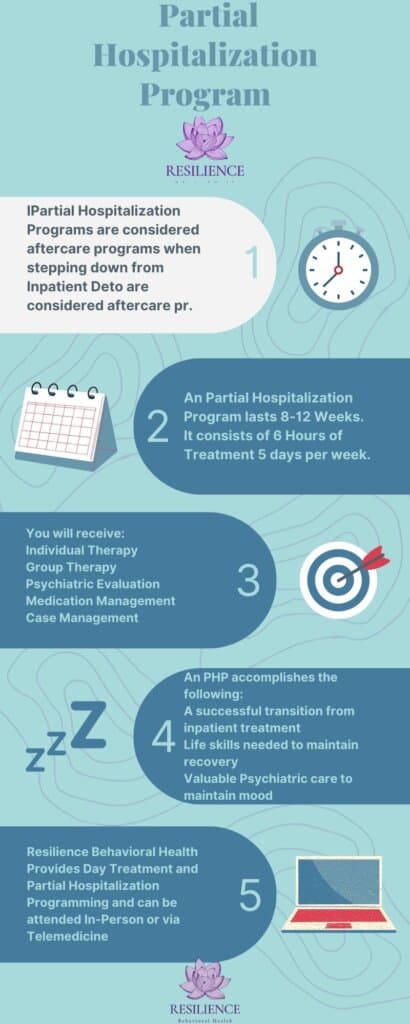Crisis Stabilization Programs In Massachusetts
Mental health is a sensitive topic, and while mental illness affects about 1 in 5 adults in the United States each year, discussions on this topic aren’t as widespread. Sadly, that’s too high a number… Which is why, in this article, we will raise awareness of this issue. And, present how Massachusetts partial hospitalization program (PHP) might be an answer.
Crisis Stabilization Programs (CSPs)
Crisis Stabilization Programs (CSPs) are a distinct type of PHPs, designed to offer immediate intervention during a mental health crisis. This can include situations where individuals experience severe anxiety or depression or are facing a psychiatric emergency. Thereby, are at a risk of self-harm, injury, or in the worst case, suicide…
Although, this issue might seem like a rare case, but you’ll be surprised at how easily a mental illness of such severity can develop in this scenario.
Scenario: Job Loss and Financial Strain
Picture this: (let’s say) John is a 35-year-old professional who has been working in a stable job for several years. Providing for his family, saving up for his only girl Sarah’s college fees, while maintaining a comfortable lifestyle.
Out of nowhere, the company he worked for decided to downsize; they claim it was due to economic challenges.
Unfortunately, John lost his job, leaving him in a state of shock and uncertainty…
Does Losing His Job Play A Role In His Mental Health Crisis?
Here’s what the state of jobless uncertainty means for John:
- Financial Strain: With the sudden loss of income, John and his family face immediate financial strain. The fear of not being able to meet mortgage payments, bills, and daily expenses creates significant stress.
- Loss of Identity: It isn’t uncommon for a person to strongly identify themselves with their professional role, and so did John. The sudden loss of his job means, for him, the loss of his identity along with a sense of purpose. Which further invites feelings of inadequacy and despair.
- Family Pressure: John is the primary breadwinner for his family. The pressure to provide for his spouse and children adds an extra layer of stress, as he feels responsible for their well-being.
- Uncertain Future: Inflation is at an all-time high – September 2023 had a price increase of 3.7% compared to September 2022. The fear of prolonged unemployment during economic inflation, coupled with a competitive job market, contributes to anxiety about the future.
Resulting Mental Health Crisis:
So, to recap, John may experience symptoms of anxiety, depression, and a sense of hopelessness. The cumulative impact of financial strain, identity crisis, and uncertainty about the future may push him into a mental health crisis, characterized by:
- Severe Anxiety: Constant worry about the future, panic attacks, and heightened stress levels.
- Depression: Feelings of sadness, loss of interest in activities, changes in sleep patterns, and persistent negative thoughts.
- Suicidal Ideation: In extreme cases, the overwhelming burden may lead to thoughts of suicide as a perceived way out of the crisis.

Finding A Crisis Stabilization Program In Massachusetts
Partial Hospitalization Program In Massachusetts
Since crisis stabilization programs are a unique service offered in partial hospitalization, a person can get specific care for mental health crises. Quality matters first, amenities later, and affordability further down the road.
Resilience Behavioral Health can help you with all three and more. It is a CARF-accredited facility, so you’ll get the quality care that you need. They offer plenty of amenities at their facility in their various programs. And they work with insurance companies, and offer scholarships and grants to maximize coverage.
Click here to learn more or call 888.401.1179 for their mental health crisis helpline.

